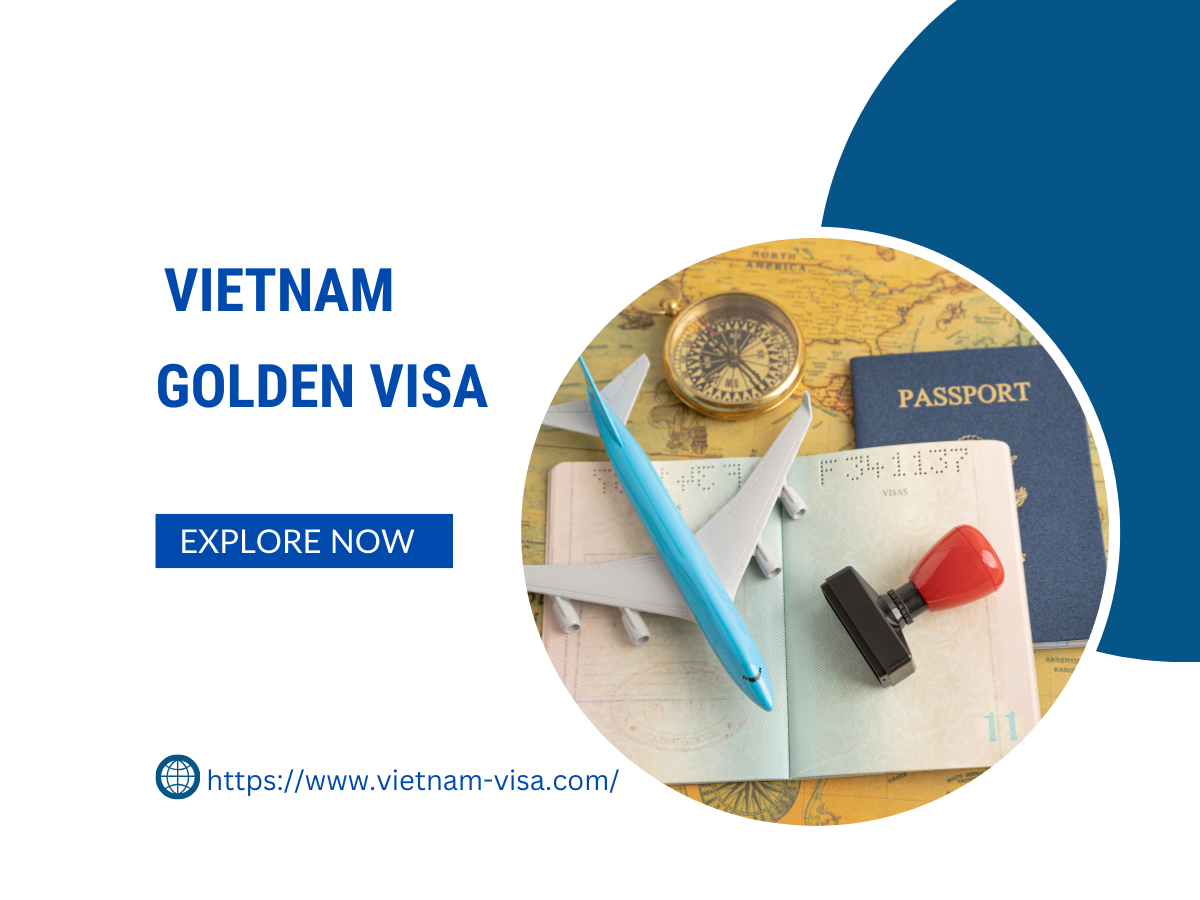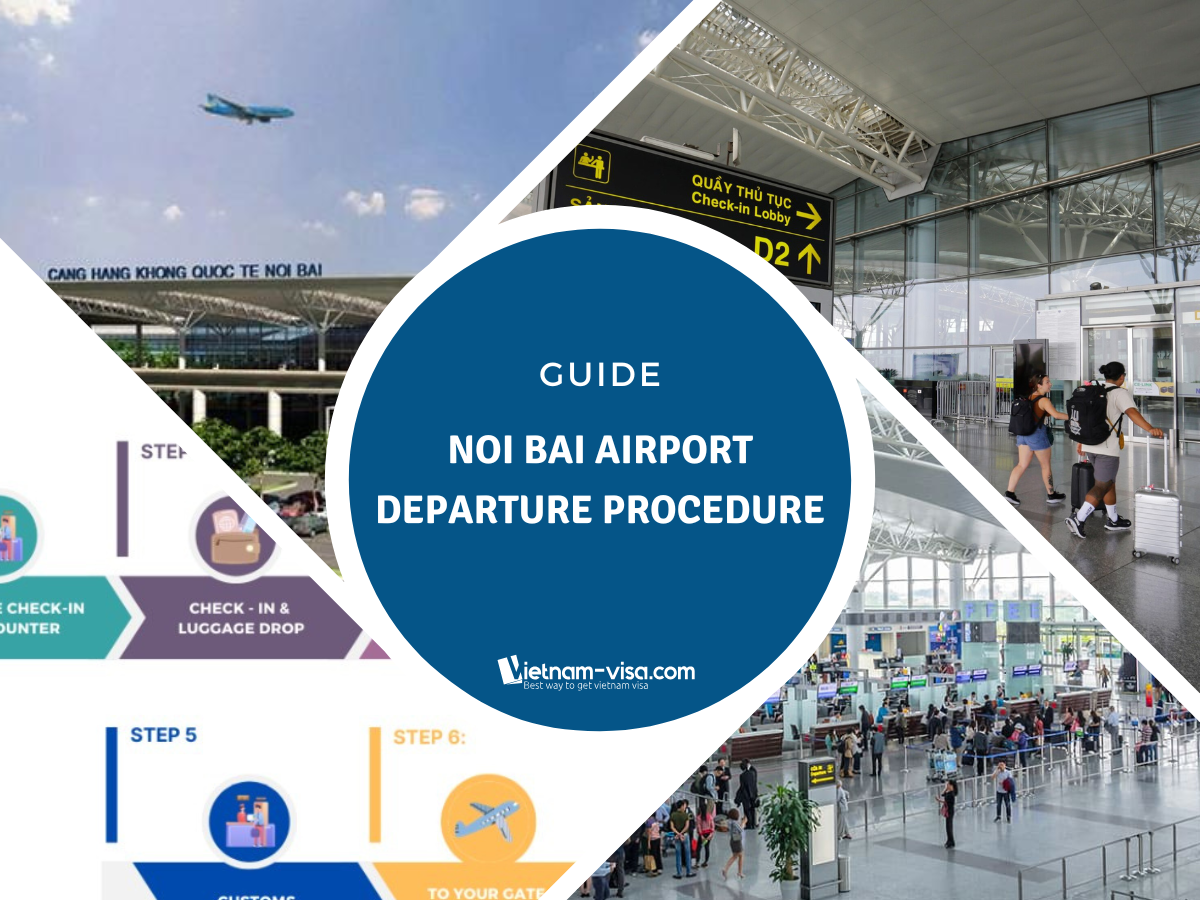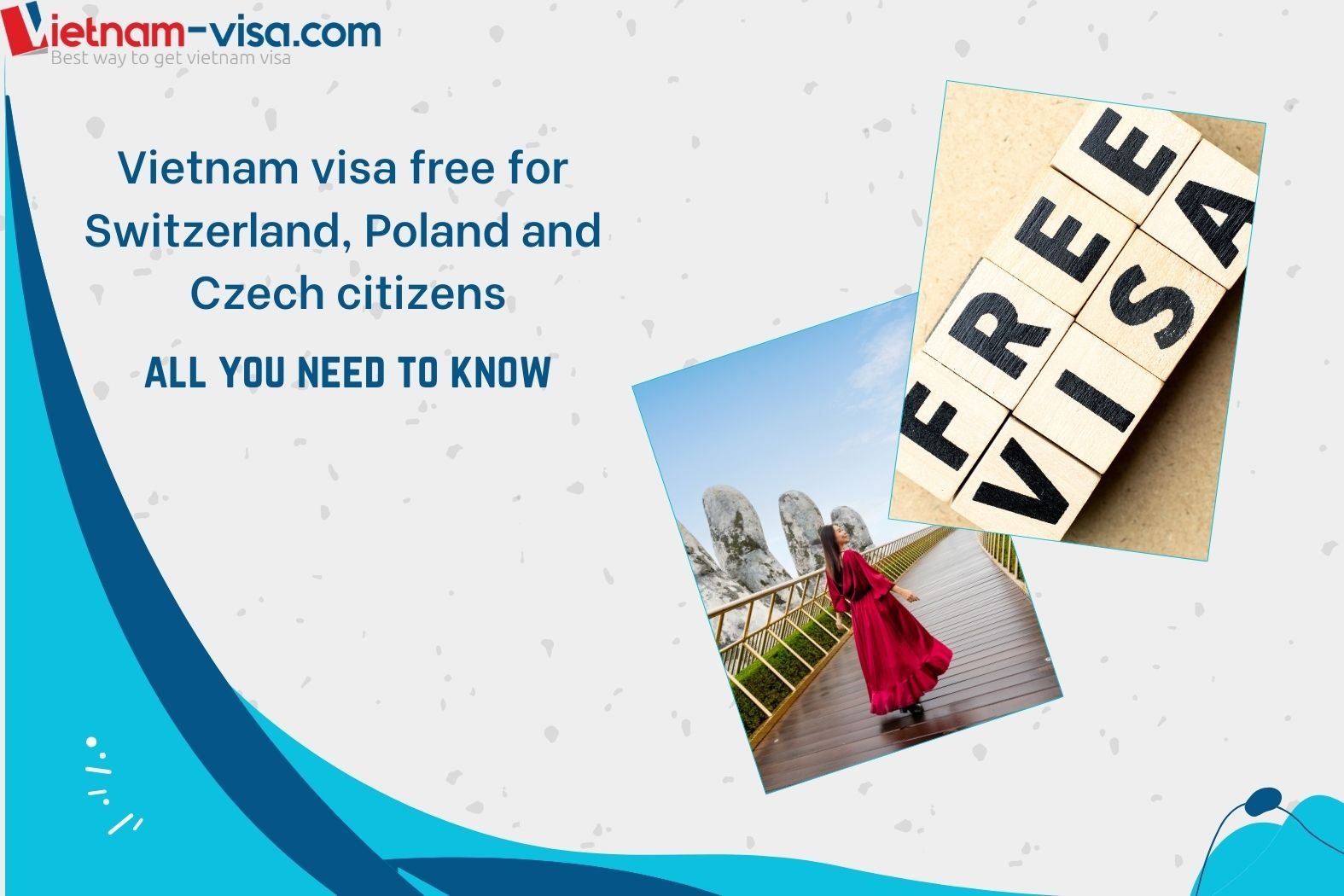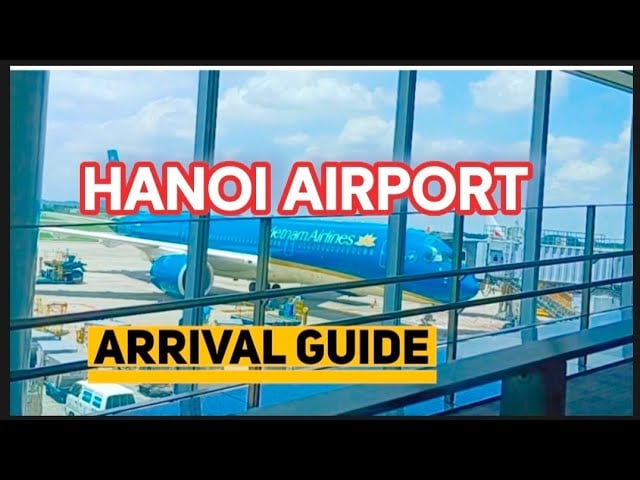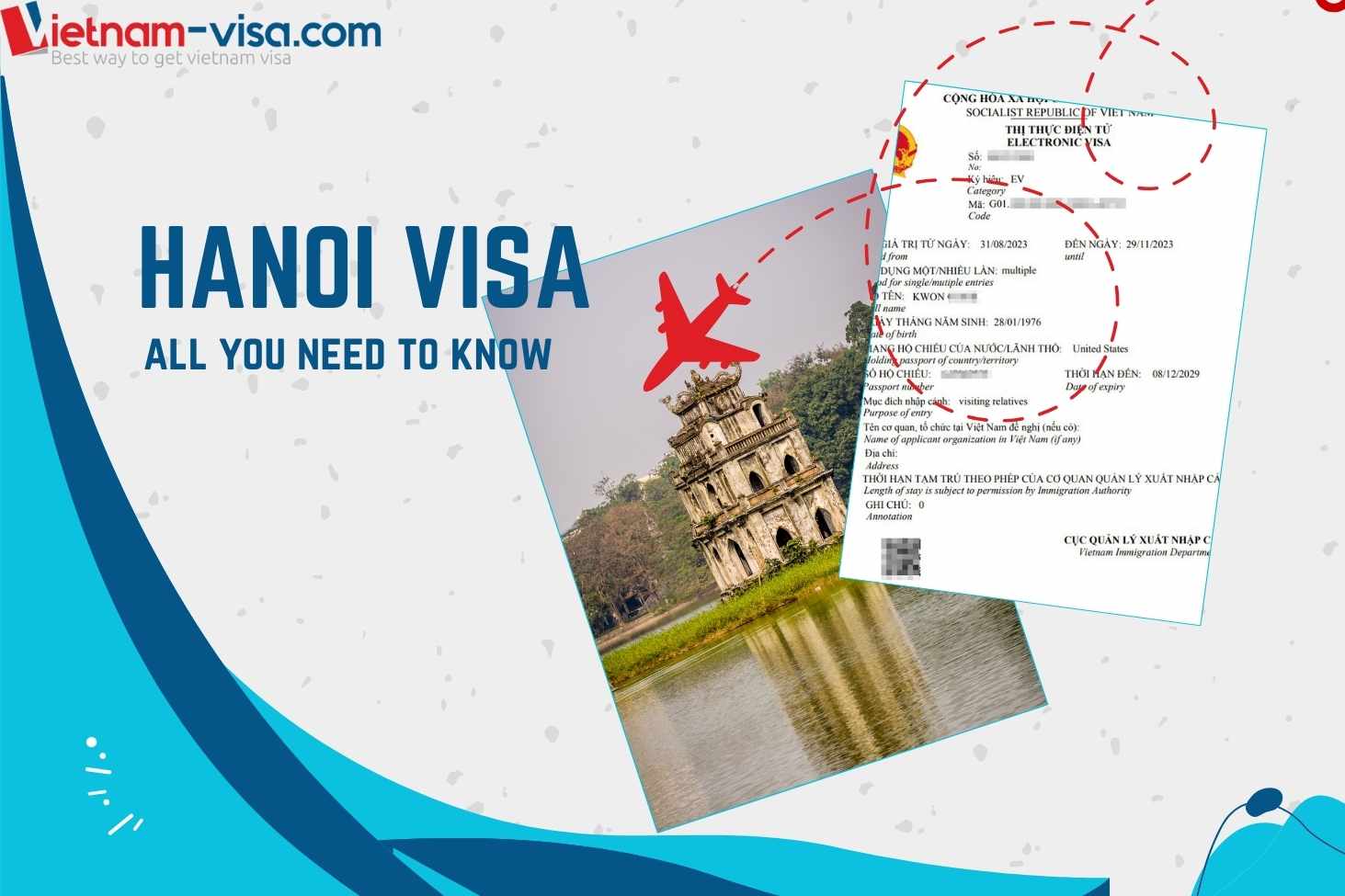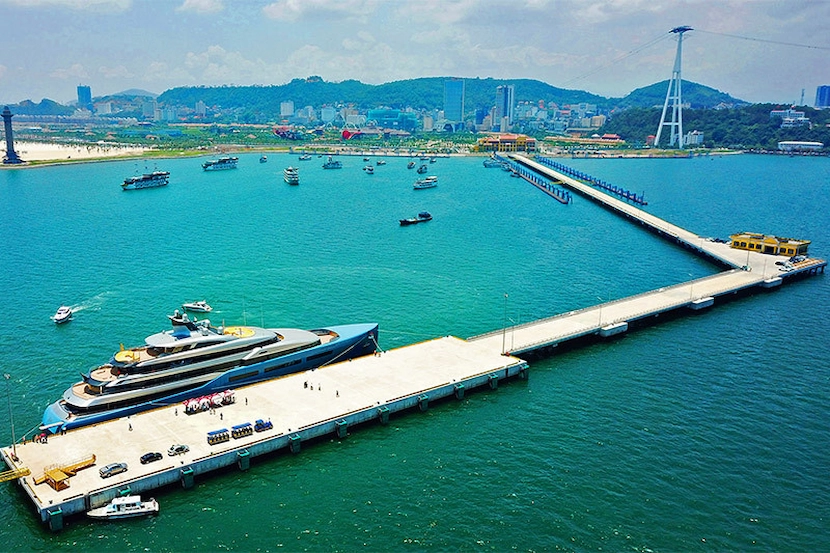Vietnam is a small, enchanting Southeast Asian country renowned for its exceptional cuisine, historical sites, beautiful natural landscapes, friendly people, and captivating culture. Vietnam has become a common tourist destination since the late 1990s, but this country is still associated with a prominent sense of unknown, making questions remain over whether or not it is safe to travel Vietnam.
Is Vietnam Safe To Travel?
YES. All in all, Vietnam is a friendly and safe country to travel. There is hardly any crime because local people are very tranquil, non-violent and kind. While terrorism is a threat in most countries, Vietnam is almost an exception up to now. The only type of crime that you may encounter is probably petty theft. Pickpocket could happen in some tourist areas. You should not be paranoid about your safety in Vietnam, but be aware of your surroundings.
In spite of its safety, there are several things tourists should know prior to packing their bags and heading to Vietnam so as to make their trips smooth and trouble free.
After getting the answer for the question “Is Vietnam safe to travel?” don’t skip grasping our notes about Do’s and Don’ts when visiting Vietnam:
Do’s:
- Greeting in Vietnam is not different from western countries. No cultural formalities are forced to foreigners.
- Scan a copy of your documents before departing. Take a picture of your passport and email it to yourself. Have electronic backups of your plane tickets, visas, travel insurance, and immunization record.
- Vietnamese people dress rather conservatively. Regardless of the heat, they don’t show off too much skin. So, if you do, particularly girls, you may be coped with starts of locals.
- Dress politely upon visiting pagodas or temples. No tatty beer T-shirts or shorts. Shoes are not required to remove. But if you are not sure, follow locals’ behaviors.
- Always keep your passport. Carrying ID is a mandatory for both locals and foreigners alike.
- Drink bottled water during your trip. No need to bring huge bottle along with you since local vendors are around and they will find you in advance. But just buy legitimate bottled water with sealed cap.
- Keep your valuables and personal belongings safe. Do not attract unwanted attention with valuables and cash.
- Negotiate price before travelling. Ask the price prior to ordering/buying. Buy at fixed prices
- Use services from reliable companies (tour agencies, hotels, taxi, etc.)
- Know where you live by having a hotel business card to help you return to the hotel easier.
- Ask before taking a photo of people.
- Keep toilet paper with you, especially if you travel in rural areas.
- While crossing Vietnam’s roads keep your eyes out for oncoming traffic and maintain a steady pace.
Don’ts:
- Don’t carry your bag with thin straps or open pocket. Don’t stand on the street corners with your cellphone held at the arms’ length. Violent crime is rare in Vietnam, but petty crime is more usual, especially in big cities.
- Don’t wear old T-shirts, singlet, dresses, skirts, shorts or revealing clothes when visiting a pagoda.
- Don’t take photos of military installations and equipment as this is considered a breach of national security.
- Don’t make your bag easy to grab when driving a motorbike or sitting on the back seat of a motorbike taxi (xe om).
- Don’t display physical affection between lovers in public areas. Find a hotel, hostel, or whatever suits. Too intimate personal displays of affection beyond holding hand are seriously frowned upon.
- Don’t make Vietnamese “lose face”. Don’t lose your temple in public areas. Instead, keep a cool head and be polite. Avoid behaviors causing embarrassment to another party.
- Don’t stick your chopsticks in the bowl or upright in the cooked rice since it is considered unlucky.
